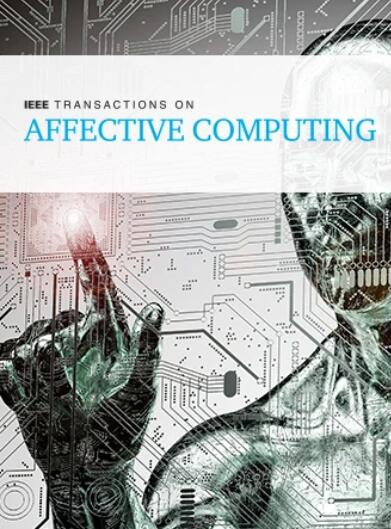Unsupervised Cross-Domain Facial Expression Recognition via Class Adaptive Self-Training
IF 9.8
2区 计算机科学
Q1 COMPUTER SCIENCE, ARTIFICIAL INTELLIGENCE
引用次数: 0
Abstract
Unsupervised Cross-Domain Facial Expression Recognition (CD-FER) aims to transfer the recognition ability from annotated source domains to unlabeled target domains. Despite the advancements in CD-FER techniques based on marginal distribution matching, certain inherent properties of facial expressions, such as implicit class margins and imbalanced class distributions, still leave room for improvement in existing models. In this paper, we propose a Class-Adaptive Self-Training (CAST) model for unsupervised CD-FER. In addition to domain alignment, the CAST model leverages self-training to learn pseudo labels and dually enhance aligned representations for explicit class distinction, considering implicit class margins. Furthermore, the CAST model conducts a comprehensive analysis of the negative effects of class distributions on pseudo-label learning from perspectives of class-level representation distributions and predicted probabilities, and subsequently proposes specific solutions. By jointly matching class-level representation distributions and class distributions, the CAST model successfully alleviates conditional distribution discrepancies between domains, which is particularly pertinent for facial expression properties. Experimental results, including assessments on multiple target domains and evaluations of multiple FER models, demonstrate the effectiveness, superiority, and universality of the CAST model.基于类自适应自训练的无监督跨域面部表情识别
无监督跨域面部表情识别(CD-FER)旨在将识别能力从带注释的源域转移到未标记的目标域。尽管基于边缘分布匹配的CD-FER技术取得了进步,但面部表情的某些固有属性,如隐含的类边界和不平衡的类分布,在现有模型中仍有改进的空间。本文提出了一种针对无监督CD-FER的类自适应自训练(CAST)模型。除了领域对齐之外,CAST模型还利用自我训练来学习伪标签,并在考虑隐式类边界的情况下,双重增强用于显式类区分的对齐表示。此外,CAST模型从类级表征分布和预测概率的角度全面分析了类分布对伪标签学习的负面影响,并提出了具体的解决方案。通过联合匹配类级表示分布和类分布,CAST模型成功地缓解了领域之间的条件分布差异,这尤其适用于面部表情属性。实验结果,包括对多个目标域的评估和对多个FER模型的评估,证明了CAST模型的有效性、优越性和通用性。
本文章由计算机程序翻译,如有差异,请以英文原文为准。
求助全文
约1分钟内获得全文
求助全文
来源期刊

IEEE Transactions on Affective Computing
COMPUTER SCIENCE, ARTIFICIAL INTELLIGENCE-COMPUTER SCIENCE, CYBERNETICS
CiteScore
15.00
自引率
6.20%
发文量
174
期刊介绍:
The IEEE Transactions on Affective Computing is an international and interdisciplinary journal. Its primary goal is to share research findings on the development of systems capable of recognizing, interpreting, and simulating human emotions and related affective phenomena. The journal publishes original research on the underlying principles and theories that explain how and why affective factors shape human-technology interactions. It also focuses on how techniques for sensing and simulating affect can enhance our understanding of human emotions and processes. Additionally, the journal explores the design, implementation, and evaluation of systems that prioritize the consideration of affect in their usability. We also welcome surveys of existing work that provide new perspectives on the historical and future directions of this field.
 求助内容:
求助内容: 应助结果提醒方式:
应助结果提醒方式:


